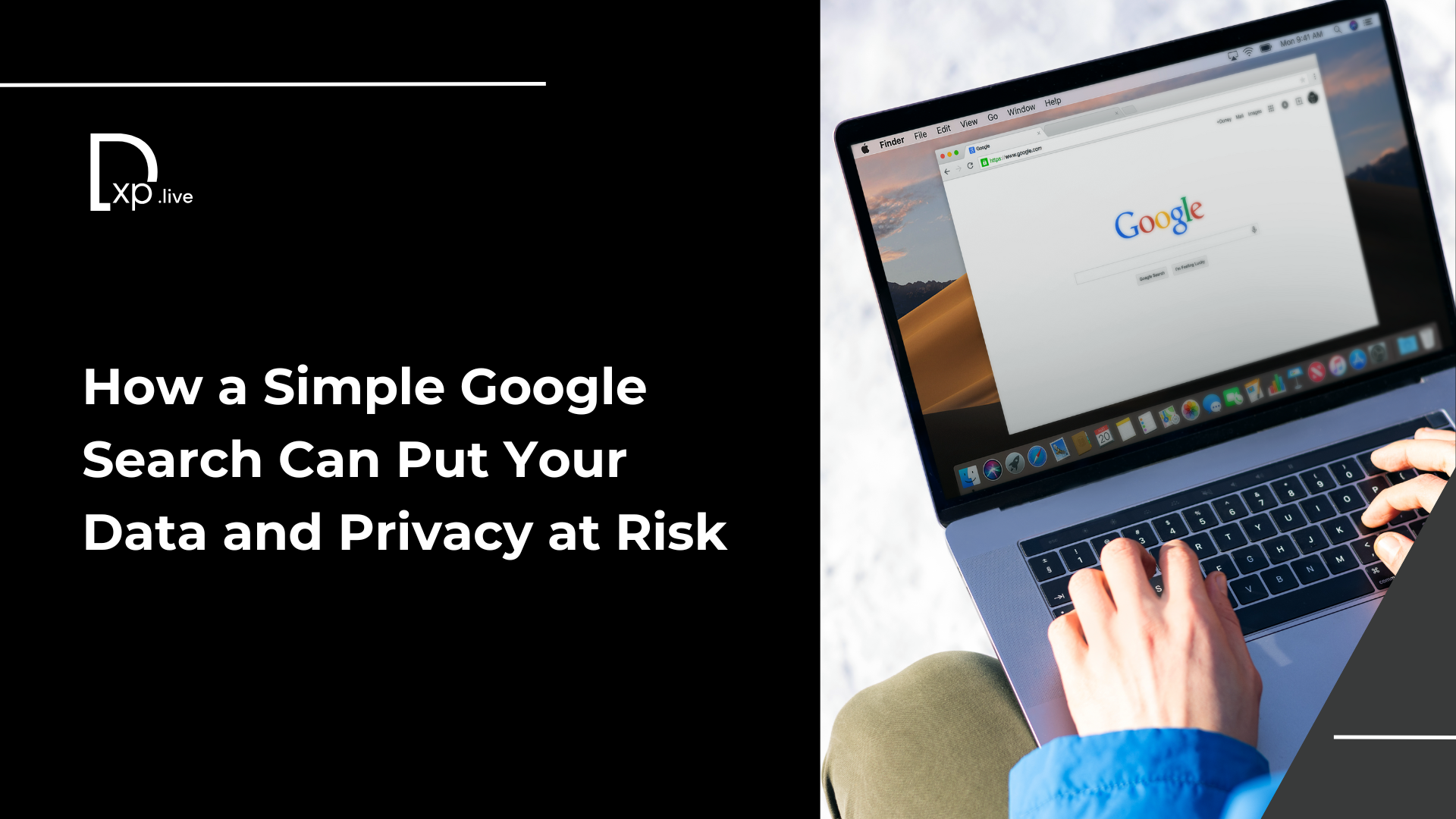How a Simple Google Search Can Put Your Data and Privacy at Risk

Google has become an indispensable part of our daily lives, whether we’re looking for quick answers, shopping, or navigating the digital world. Yet, beneath its surface lies a hidden danger: certain searches can compromise your privacy, expose your device to malware, and even invite unwelcome attention from law enforcement.
Cybersecurity Threat: The Risky Search Query
A recent alert from cybersecurity firm Sophos highlights a peculiar yet alarming trend. Hackers are targeting specific search queries, such as “Are Bengal Cats legal in Australia?” to lure users into traps. Unsuspecting individuals who click on infected links risk exposing themselves to GootLoader malware, a dangerous program embedded in seemingly legitimate websites.
Sophos warns that GootLoader uses search engine optimization (SEO) techniques to place these malicious links prominently in search results. Once a user downloads the malicious file, GootLoader installs additional malware like GootKit, which can steal sensitive data and give attackers control of the victim’s device.
Why This Specific Query?
The targeting of niche keywords like "Are Bengal Cats legal in Australia?" raises questions about the hackers’ motives. Analysts speculate that these campaigns aim at specific demographics, such as Australian users, where these topics generate localized interest. By focusing on easily rankable terms, hackers exploit Google’s search algorithms to spread their malware.
Law Enforcement and Search Queries: A Disturbing Case
Cybersecurity risks aren’t the only issue. Your search history could also land you in hot water with law enforcement. A notable example involves a couple from Long Island, New York, who were investigated after performing seemingly innocent searches. Michele Catalano and her husband separately searched for “pressure cooker” and “backpack” on different occasions. When Michele's husband searched for both items from his work computer, the IT department flagged the activity and reported it to local authorities.
This incident highlights how workplaces and law enforcement agencies monitor online activity. While it’s essential for security, it also raises questions about privacy in a surveillance-heavy digital landscape.
Google’s Role in Facilitating Risks
The prevalence of malware-laden links on Google raises concerns about the tech giant’s ability to safeguard its platform. Despite claims of prioritizing helpful content, Google's failure to combat SEO manipulation effectively exposes users to significant risks.
Kurt Knutsson, also known as “CyberGuy,” noted, “The ease with which hackers manipulate search results suggests Google is doing quite the opposite of protecting its users.” While Google’s algorithms have evolved, they still struggle to filter out malicious or misleading content.
Protect Yourself from Search-Related Risks
To mitigate these threats, here are five practical steps to enhance your online safety:
- Avoid Suspicious Links: Stick to trusted sources and avoid clicking on ads or unfamiliar links, especially those ranking unusually high in search results.
- Install Antivirus Software: Reliable antivirus programs can detect and block malicious files before they compromise your system.
- Use a VPN: A virtual private network encrypts your internet traffic, masking your identity and location.
- Enable SafeSearch: Google’s SafeSearch filters can reduce exposure to harmful links and explicit content.
- Practice Digital Hygiene: Regularly clear your browsing history, use incognito mode, and minimize personal data shared with Google to limit tracking.
A Bigger Concern: Data Privacy and Oversight
The issue isn’t limited to hackers. Your data is also vulnerable to collection by various entities, including Google, your ISP, and even your employer. While tools like VPNs and private browsing can reduce exposure, the broader question remains: how much of our digital footprint should be monitored, and by whom?
DX Analysis: A Call for Vigilance and Accountability
The risks of Google searches—ranging from malware attacks to unwanted law enforcement scrutiny—highlight a troubling reality. While Google has revolutionized information access, its vulnerabilities have opened the door for bad actors to exploit its systems.
The lack of stringent controls on search result manipulation is concerning, especially when user safety hangs in the balance. As hackers grow more sophisticated, companies like Google must do more to ensure the security of their platforms. Until then, users must remain vigilant, adopting proactive measures to protect their data and privacy.
The digital world is a double-edged sword. While it offers unparalleled convenience, it demands caution and awareness. It’s no longer just about searching smarter—it’s about searching safely.




